
Why Takahama restarts don't mean a nuclear rebound for Japan
The restarts only show challenges the sector still has to face.
The imminent restarts of the Takahama 3 & 4 nuclear reactors will add some momentum to Japanese plans to restart a number of idled nuclear reactors over the coming years, but a series of obstacles to the restart of other reactors will mean that the nuclear segment will underperform relative to government ambitions, according to BMI Research.
Crucially, regional variations in the intensity of nuclear opposition and the stance of governors will continue to cause headaches for policymakers.
"We currently include 12 nuclear reactors in our nuclear power generation forecast leading up to 2026 - most of which are located in regions where opposition is less fierce. This means that the majority of the 42 potentially operable nuclear reactors in Japan will remain idle unless more progress can be registered on a project by project basis," BMI Research said.
Here's more from BMI Research:
The decision of the Osaka High Court to lift the injunction on the Takahama 3 & 4 nuclear reactors will add some impetus to the Japanese government's plan to restart a series of nuclear reactors after they were idled in the aftermath of the Fukushima disaster.
The high costs of plugging gaps from nuclear - in the form of hydrocarbon imports and subsidised renewable energy - has meant that Japanese retail electricity prices have spiked, hitting businesses and households.
As such, Prime Minister Shinzo Abe and the business community are vocal supporters of nuclear restarts, even in the face of substantial public opposition due to safety concerns.
That being said, we maintain a very cautious outlook for any substantial rebound in the nuclear sector. If anything, the Takahama case showcases the challenges that will face other nuclear reactor aiming to restart their operations in Japan. In particular, we note that the petition filed by 29 residents in the Otsu District Court in the Shiga Prefecture led to the March 2016 court injunction for the 3 & 4 Takahama reactors - taking them out of operation for more than a year.
Kansai Electric Power Company (KEPCO) appeal to the decision was filed in July 2016. This showcases the substantial delays that determined opposition can inflict on restart plans. Given the strong opposition to nuclear power throughout the country - and the increasingly wavering support for utilities from Prefecture governors and active fault rulings for a number of reactors - it is difficult to see a sustained rebound for nuclear power generation within our 10-year forecast period.


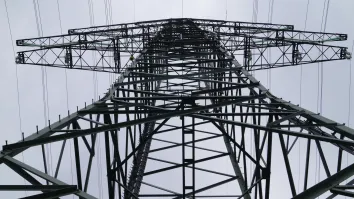
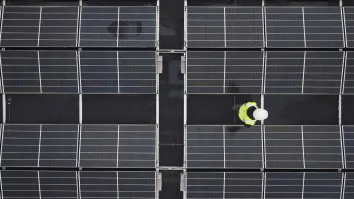
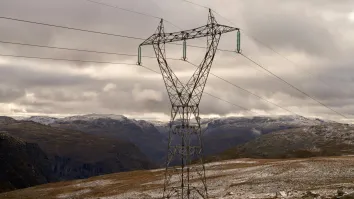

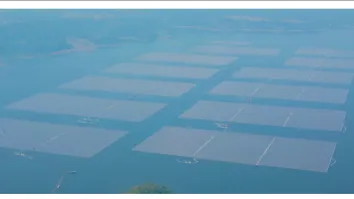
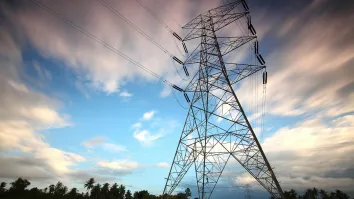
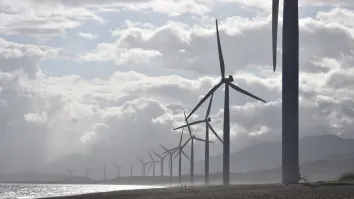

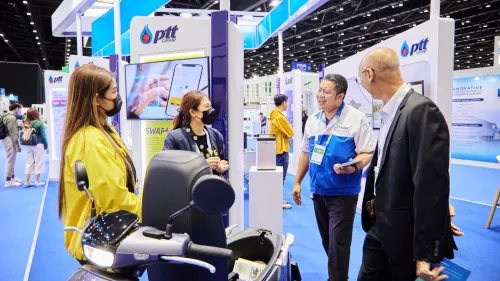


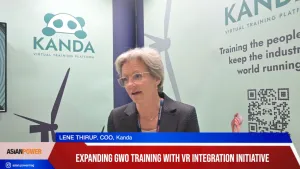





 Advertise
Advertise






